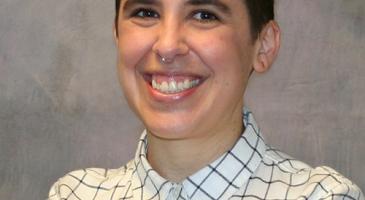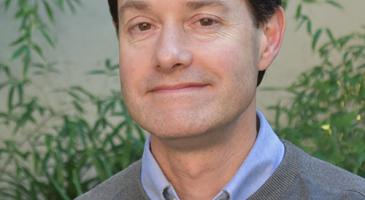Dr. Peter Gilbert shares insights about his work with HIV vaccine efficacy trials in relation to the recent PrEPVacc study. Gilbert said, "The result was that, for each vaccine, there is close to a 50-50 chance that the vaccine elevated acquisition risk vs. the vaccine was safe, as a synthesis of results over multiple ways to do the analysis, most importantly considering different prior distributions for vaccine efficacy."
In the News




Congratulations to Garnet Anderson (PhD ’89), senior vice president and director of the Public Health Sciences Division at the Fred Hutchinson Cancer Center and an affiliate professor of biostatistics at the UW School of Public Health, who was one of 36 scientists named to the Washington State Academy of Life Sciences.


"As a biostatistician, I get to bring my quantitative and critical thinking skills to wide range of problems." Congratulations to Yates Coley, PhD, on their 2024 Health Care Heroes award from the Puget Sound Business Journal.


Fred Hutch researchers and UW Biostatistics faculty are recognized by Cancer Health as People Who Power Clinical Trials.


UW faculty member Daniela Witten discusses the importance of developing both hard and soft skills throughout a career, and assures trainees that they are fine just the way they are.


In our post-COVID pandemic world, several lingering questions remain pertaining to the culprit, SARS-CoV-2. While we can’t answer the question of, will another SARS-CoV-2 pandemic happen again? We can ensure our offensive game is stronger by striving to answer questions like, how good are the SARS-CoV-2 vaccines? UW Professor of Biostatistics Peter Gilbert is one of two Fred Hutch researchers who led a team that investigated these questions and recently published their findings in Nature Communications.


Bruce Weir, professor emeritus at the University of Washington, was a key part of the case against O.J. Simpson. He spoke to ZB reporter Joel Dwyer today about the historic event and why interest in it has been so enduring.


UW Professor of Biostatistics Patrick Heagerty co-authored this report on the results of an effect score analysis using data from 2 randomized clinical trials to evaluate HTE for treatment strategies targeting different levels of oxygen saturation in critically ill patients receiving mechanical ventilation.